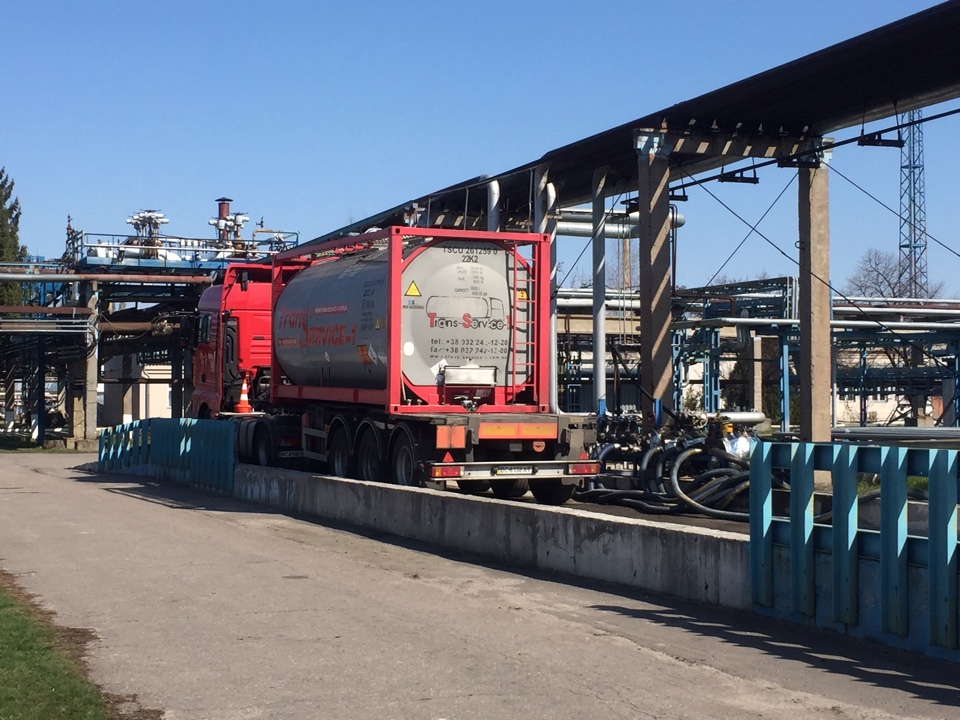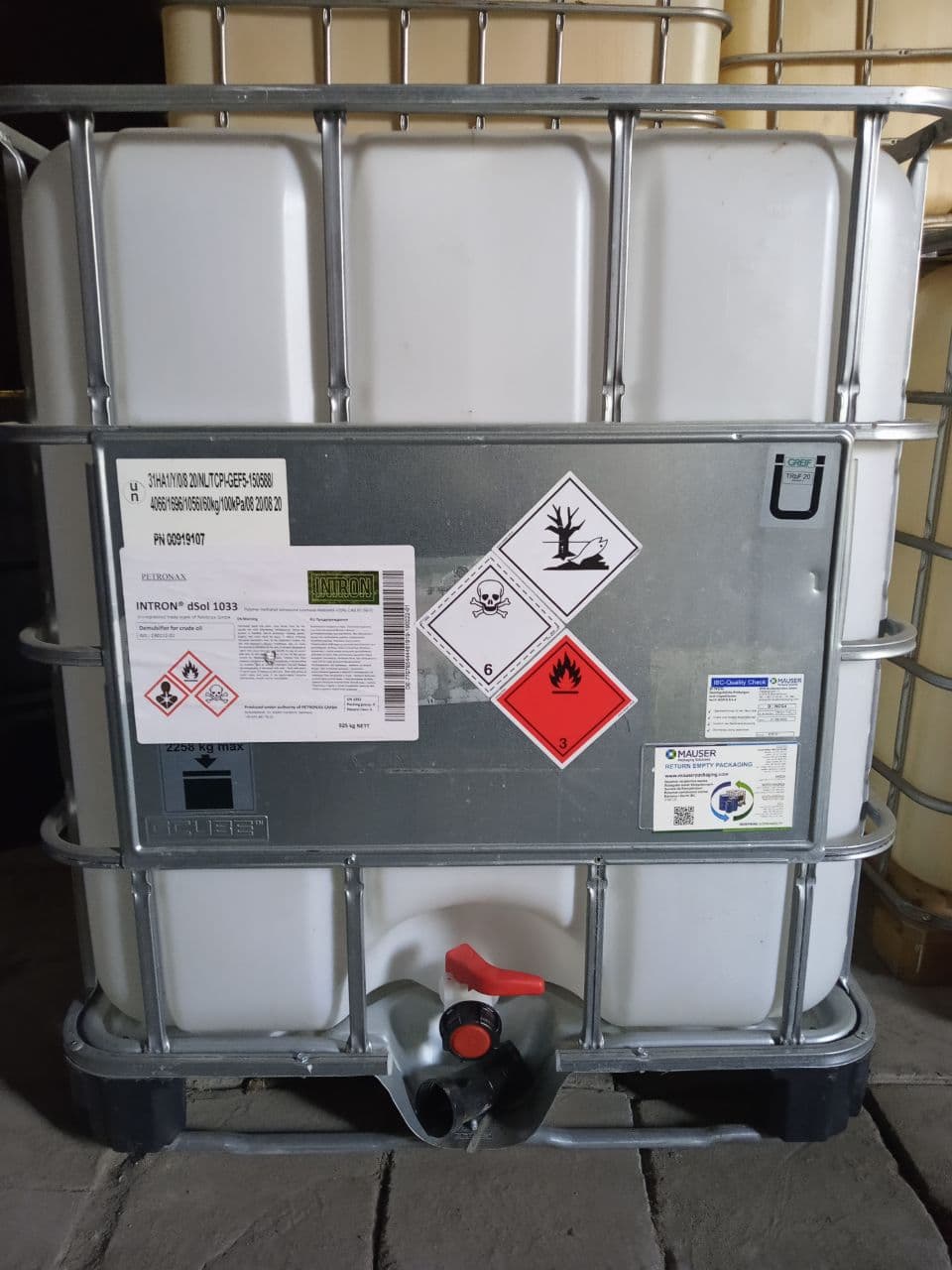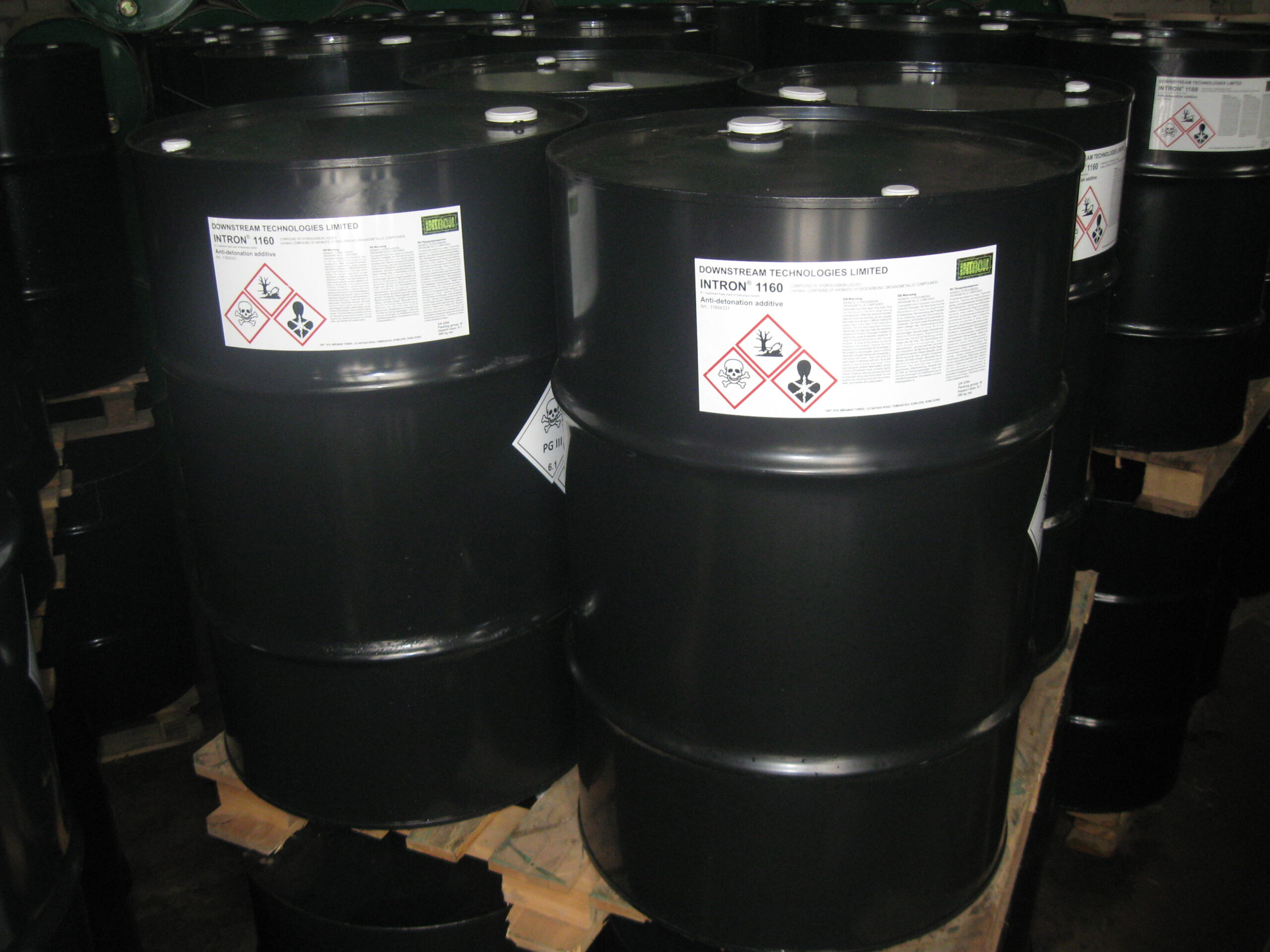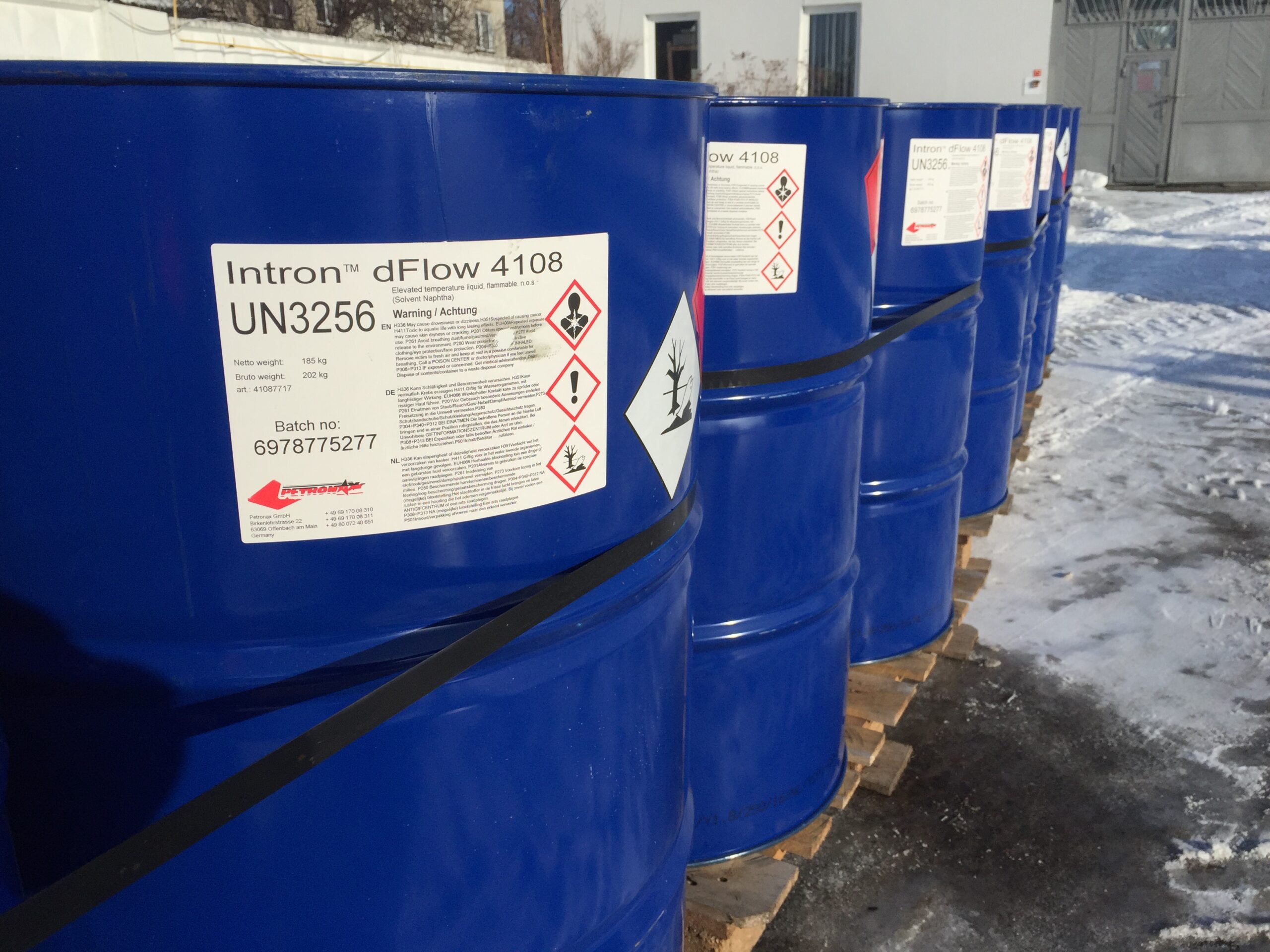PETRONAX, a leading supplier of chemical additives, is proud to announce the worldwide shipping of INTRON cTane, a highly effective cetane improver for diesel fuel. This product has excellent properties that enhance the ignition properties of diesel fuel, ensuring optimal performance for diesel engines.
INTRON cTane is a liquid cetane improver made from a blend of organic compounds that has a high concentration of cetane improver compounds. It has a high cetane number, making it a highly effective additive for diesel fuel. This product has been tested and certified by various organizations such as ASTM International and the European Committee for Standardization (CEN), meeting the cetane number requirements of various diesel fuel standards such as ASTM D975 and EN 590.
The product’s excellent properties make it an ideal cetane improver, with a low pour point and a high flash point that ensures stability under different temperature and pressure conditions. Additionally, it has good thermal stability, making it suitable for use in various applications such as transportation, power generation, and marine engines.
INTRON cTane is widely shipped to different countries and clients worldwide, ensuring they receive the optimal diesel engine performance. The product is distributed through a network of authorized distributors and agents and is shipped in compliance with international shipping regulations and standards. The shipping is done through different modes of transportation such as air freight, sea freight, and road transportation, depending on various factors such as quantity, destination, and urgency of the delivery.
PETRONAX is committed to ensuring clients receive high-quality chemical additives that enhance their products’ performance. The company’s reputation for quality and innovation has earned them a loyal customer base that relies on their products for optimal performance. The company continues to invest in research and development to provide innovative solutions that meet their clients’ ever-changing needs.
In conclusion, INTRON cTane is an excellent cetane improver product that has excellent properties and is widely shipped to different countries and clients worldwide. It is suitable for use in different applications such as transportation, power generation, and marine engines, providing optimal performance for diesel engines









